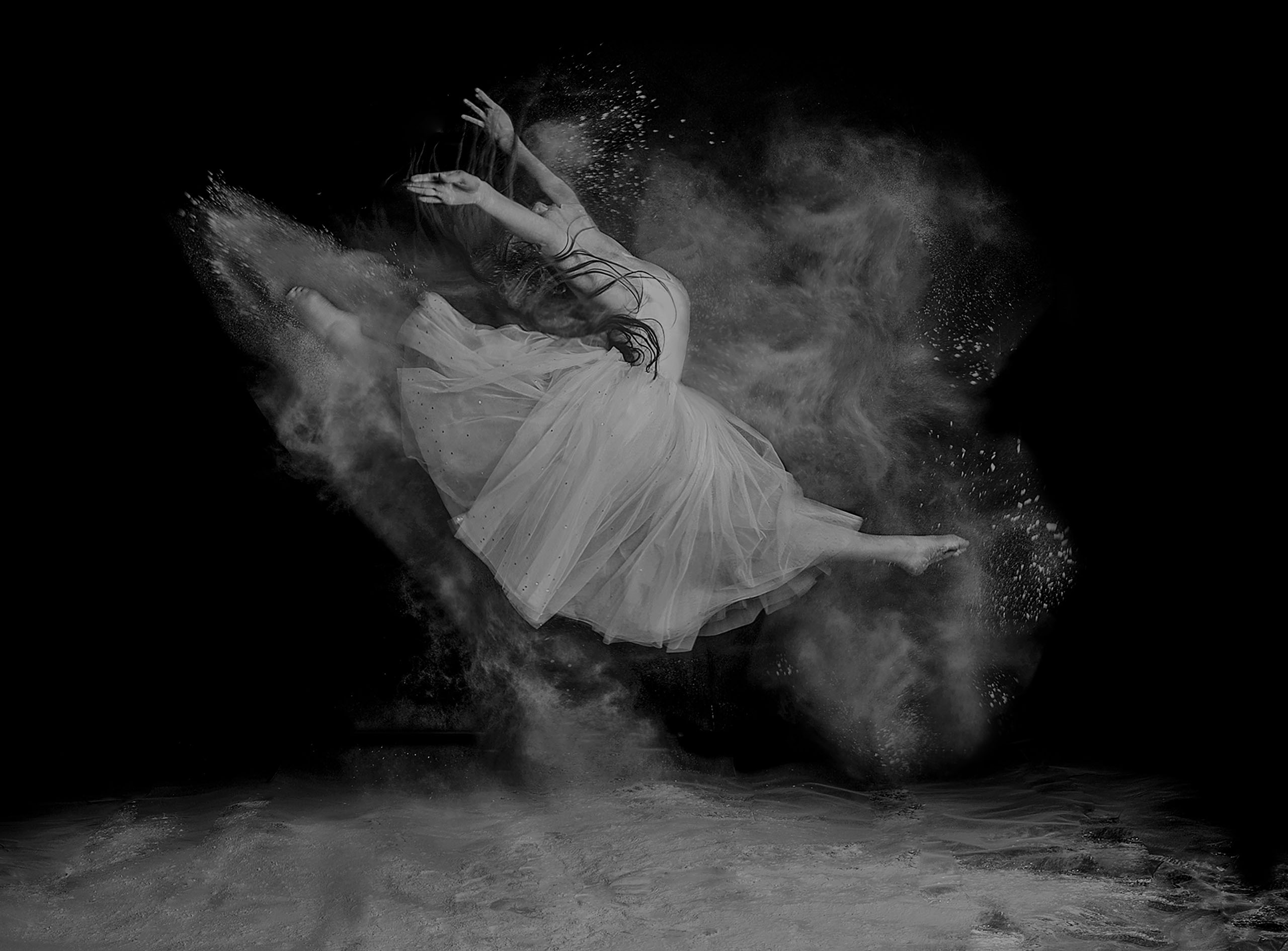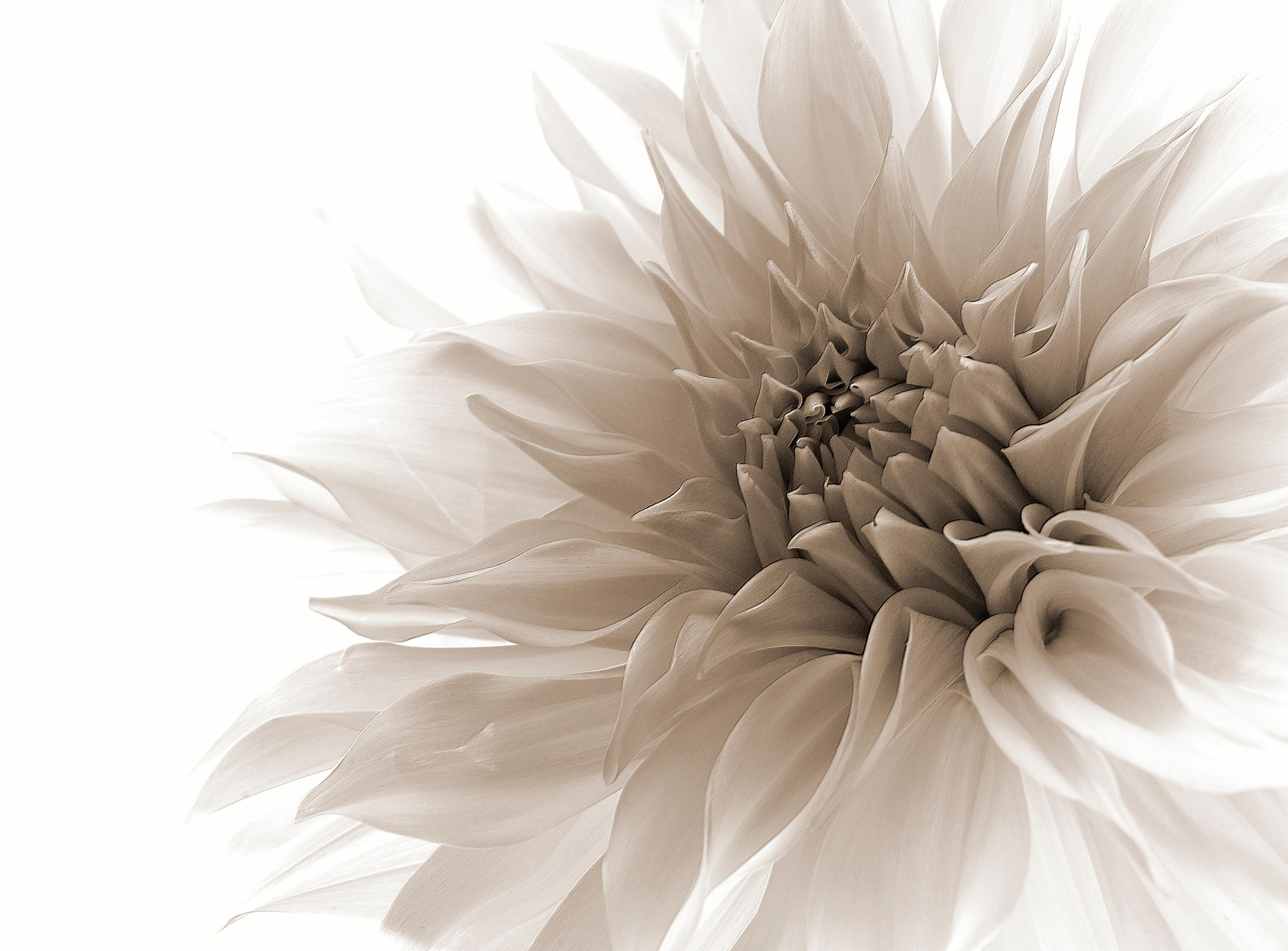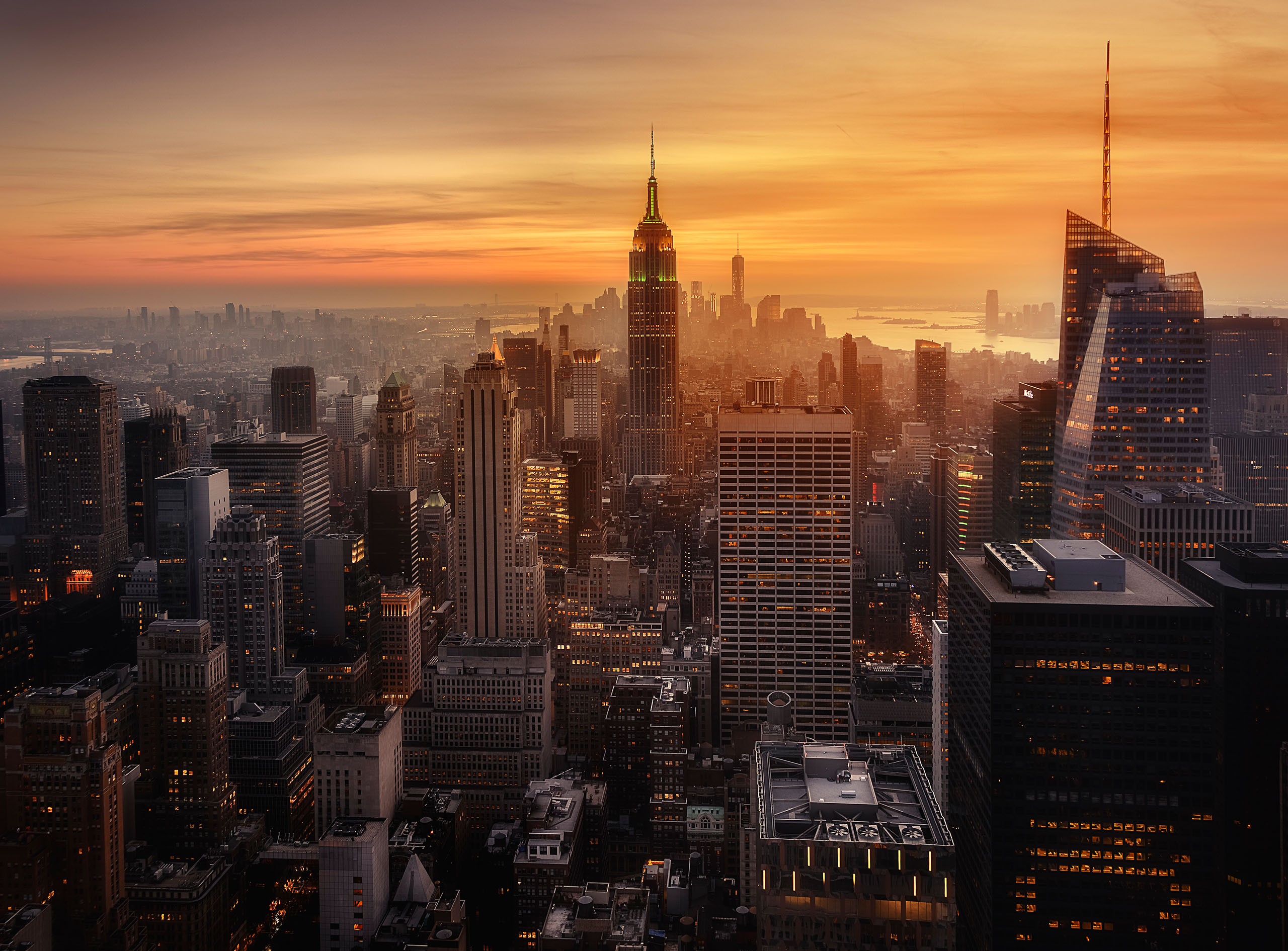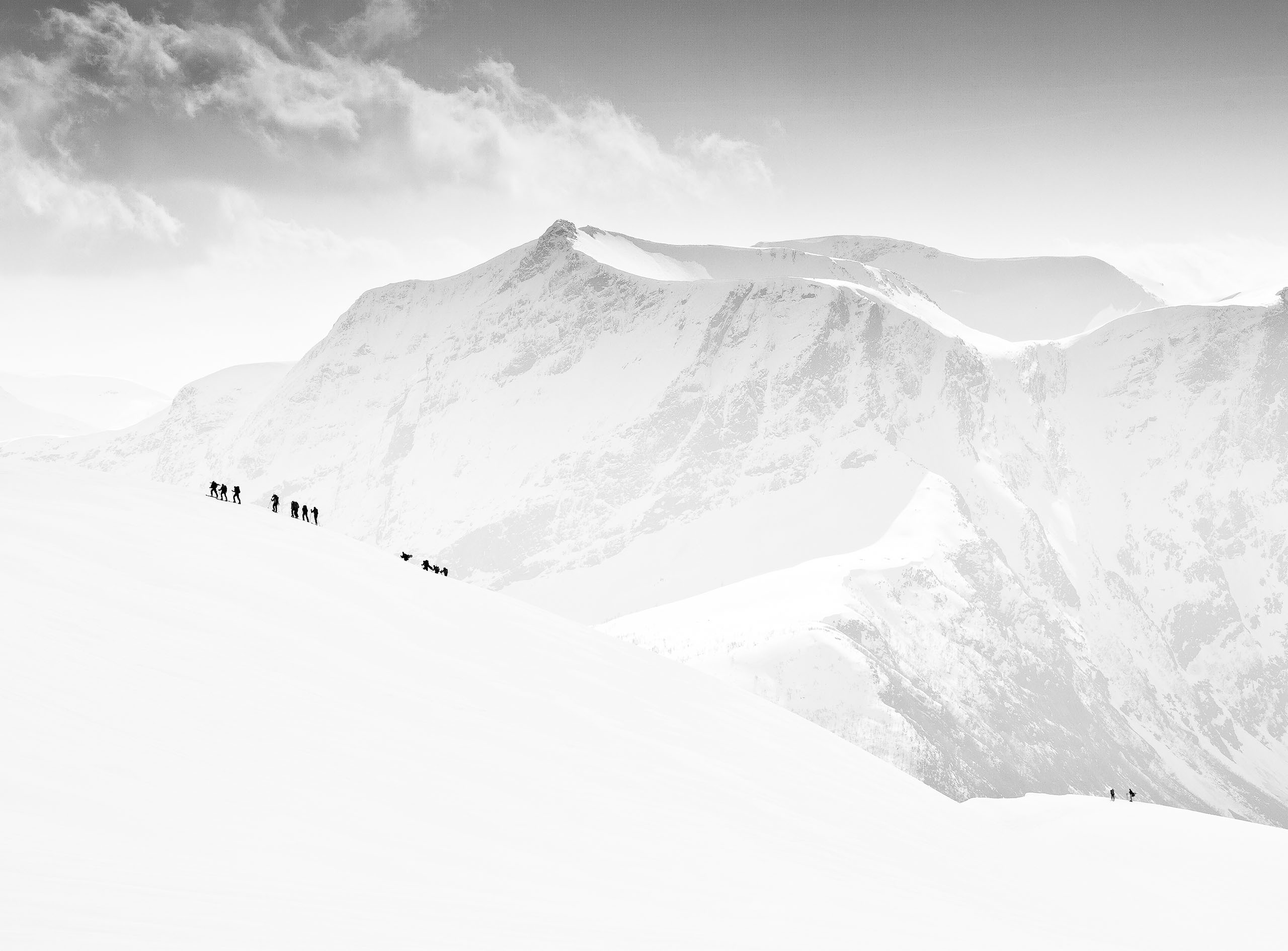SEARCH






|
|
|
|


by Yvette Depaepe
Published the 28th of July 2025
Bing 's photography occupies a special place in her life. Not only is it her profession, it is also something she genuinely loves. She quotes: “To me, photography is a means of communicating with the world. It's like a translation tool — what I capture is not just what I see, but also how I understand, feel and interpret it. I often feel like my own translator, using the camera to express what is inside me. This form of expression is both rational and emotional, requiring discipline yet allowing freedom.”
Enjoy this interview to learn more about this charming artist and read her in-depth answers.
'Back'
Dear Bing, let's start with the basics. Would you like to introduce yourself? For example, you could talk about your work, your daily life and the project you've been most involved in recently.
I’m a commercial photographer, primarily specializing in product photography. In my spare time, I also do portrait work to express my creativity.
To me, photography is not just a job — it’s part of my life. It has become a kind of language, a way for me to communicate with the world.
Most of my days revolve around photography, whether that's setting up lights, fine-tuning compositions in post-production, or simply getting lost in thought and imagining how a frame should feel.
This rhythm has become second nature to me, and I truly enjoy it. Ultimately, I’m someone who lives through the lens.
'Dunhuang Flying sky'
Do you remember when you first became interested in photography? Was there a particular moment or opportunity that inspired you to embark on this journey?
My interest in photography began back in elementary school. I once watched a film in which the protagonist was a traveling photographer who documented life in different places. The scenes in the film mesmerized me. The way he lived — drifting freely and expressing himself through images — captivated me completely. That was the moment I first felt a yearning for photography and an enduring curiosity.
Later on, I became obsessed with stamp collecting. The images on stamps were incredibly delicate; each one was like a tiny world of its own. Looking back now, I realise that photography and stamp collecting are similar to me - they are both about images and stories, and can both carry me to faraway places.
At the time, however, my family’s financial situation wasn’t great. This meant that my passion for photography could only remain theoretical. I didn’t own a camera, so I spent time in the library looking through photography books and trying to understand the meaning of photography.
A few years later, my best friend bought a Huqiu 35A camera and generously lent it to me. That was the day I finally pressed the shutter for the first time.
In that moment, it felt as though I had truly stepped into the world I had dreamed about as a child.
You are already working full-time in commercial photography while continuously creating portraits. What role do you think photography plays in your life? Is it a professional responsibility or a means of communicating with and expressing yourself to the world?
Photography occupies a special place in my life. Not only is it my profession, it is also something I genuinely love.
To me, photography is a means of communicating with the world. It's like a translation tool — what I capture is not just what I see, but also how I understand, feel and interpret it. I often feel like my own translator, using the camera to express what is inside me. This form of expression is both rational and emotional, requiring discipline yet allowing freedom.
This “translation” is also constantly evolving. As I accumulate life experiences, my perception of the same image changes too. In my younger years, I photographed instinctively; now, I shoot with discernment and understanding. Sometimes I photograph others, but ultimately, I’m capturing something about myself.
Photography has never been a fixed skill — it's a living language that shifts and grows alongside my life.
'Portrait'
Your portraits always convey a unique emotion and atmosphere, balancing delicate feelings with a strong sense of visual composition. How do you build trust with your subjects? During the shoot, do you prefer to set specific scenarios and poses or to guide your subjects to express themselves naturally?
Is there a portrait you have created that you consider particularly successful that you would like to share with us?
Before taking portraits, I usually spend some time getting to know the model, especially if it's our first collaboration. I consider this stage to be very important. On the one hand, it helps build trust, meaning she won't feel stiff in front of the camera. On the other hand, it allows me to better understand her personality and how she expresses herself, enabling me to make choices that suit her best.
If the model is feeling nervous, I often encourage her to bring a close friend along. As long as it helps her relax, it's absolutely worth it. Before the shoot, I clearly explain the purpose and mood of the session. If I have reference images, I’ll share them as well. I believe anything that improves mutual understanding is worth doing, whether through verbal explanation, visual direction, or discussion of specific details.
During the shoot itself, I prefer to create a calm, trusting and relaxed atmosphere rather than directing her poses or expressions too much. My role is more like that of someone who builds a stage: I provide the space and rhythm so that the subject can move freely within it. In almost every shoot, unexpected moments arise — moments when the subject expresses herself freely and naturally. These unplanned moments often become my favourite parts of the session.
In the past, I relied more on instinct. Now, I am gradually incorporating a project-based mindset from commercial photography, pre-defining the frame, composition, tones and poses to improve efficiency and control the outcome. However, I always leave some space for spontaneity — for both the model and myself. I truly believe that the most touching images are often the ones that weren't planned at all.
'portrait'
Many of your works involve a certain degree of post-processing, or even image compositing. How do you balance pre-shoot conceptualisation with post-production development in your creative process? Have you ever worked on a series of pieces where you repeatedly refined or even changed the original concept during post-production?
I’m a photographer who started out in the film era. When I first encountered digital cameras, I didn’t see them as revolutionary. To me, they were just a different way of recording, albeit still rooted in the concept of 'faithful documentation'.
However, over time, as post-processing techniques evolved, AI tools emerged and colour management systems matured, I began to realise that visual expression could go far beyond mere recording. Post-production felt like a second 'right hand' granted by fate — unfamiliar at first, but once I learned to use it, I couldn’t imagine going back to working with just one hand.
I’ve always embraced anything that could improve my work. Whether it's a new technique or a revised workflow, if it helps me to better express an idea or refine an image, I'm willing to try it.
Admittedly, my retouching habits are somewhat emotional. After each shoot, once I’ve said goodbye to the model, I rush immediately to my computer to start editing, driven by the excitement of the moment.
The problem is that this excitement can cloud my judgement. On more than one occasion, when I've looked at those edits the next day, I've found that something was off: the mood was too heavy, the tones were overdone and the rhythm was unbalanced. So, I have come to understand myself well: the first night's edits are the product of emotion, while the next day's revisions reflect aesthetic judgement.
These days, I allow myself to act on impulse at first, and then I return to the image with clarity and care. Through this process of back and forth, the picture slowly gets closer to the version I hold in my heart.
Your work often has a rich emotional atmosphere and a strong visual coherence. Where do you usually find inspiration?
Is there anything in particular, such as films, artworks, photographers, lines of poetry, sounds, natural landscapes or a particular moment in life, that has ever suddenly inspired you to create?
Ever since my student days, I’ve always carried a notebook with me. Whenever I see, hear or think of something that moves me, I write it down — it might be just an image, a line of dialogue, a small detail or a passing feeling. These moments become quiet seeds, waiting to resurface in a future creation.
For me, inspiration is something loose and free. It comes from everywhere: films, music, paintings, nature, and even the sensation of a breeze brushing my skin, a glance at a cloud overhead or the sound of a cello when I'm slightly tipsy. I don’t actively search for inspiration. Instead, I try to keep my senses open, allowing these impressions to accumulate and be slowly internalized over time.
Sometimes a scene reminds me of a poem. Sometimes a melody brings to mind the face of a model. And sometimes, a passing glance captured in daily life becomes the inspiration for a photoshoot. The relationship between inspiration and expression is never straightforward — it’s more like an underground river, flowing quietly and unpredictably until, one day, it emerges as a single image.
Has your understanding of photography changed over time? From initially being moved by it, to now making it your profession while continuing your creative work, has the meaning of photography ever shifted for you? Is there a particular direction you would like to explore in the future? For example, a particular subject, form of expression or theme?
In my early years, I was primarily interested in exploring different subjects and trying various styles of photography, enjoying the thrill that came with it. At that time, photography felt like a key, unlocking new corners of the world and satisfying my curiosity about life.
However, as I gained more life experience, I realized that what I longed for was 'depth'. I wanted my photography to be more than just well-composed images and beautiful colours. I wanted it to reflect my current emotions and mental state. Photography slowly became an outlet for my inner world — a more intimate and honest form of dialogue with the outside world.
My years of experience working in commercial photography have made me highly skilled at conveying a strong sense of form. This "formality" has, in some ways, become a hallmark of my work. However, I have also realized that this same sense of form can create invisible boundaries, making the image feel too 'complete' and limiting the emotional flow and openness of space.
This is why, in my upcoming creative work, I intend to abandon my obsession with achieving a "polished" or "visually perfect" aesthetic, instead exploring a more personal and liberated form of expression. The images may be less refined and slightly out of control, but they will be real. They will be an extension of how I feel in that moment. Perhaps that's the side of myself I'm now ready to explore.
Have you ever had a moment when you questioned the purpose of photography? How did you overcome it?
Yes, it happened last year after my best friend passed away.
This made me start to rethink many things, especially the concept of 'meaning'. We shoot, edit, share and discuss our work every day — but what does it all stand for? What does photography truly convey? Can it really preserve anything? Are all the time, emotion and effort we invest destined to fade along with us?
These questions didn’t stop me from taking photographs, but they stirred something inside me. I continued working as usual, but each time I pressed the shutter, the quiet thought would arise, 'Does this moment really matter?'
I never found a clear answer. But I’ve always believed in one simple idea:
Maybe someday, somewhere, one of your photos will quietly move someone’s heart.
It's this faint but real belief that keeps me going. It’s also what makes me value each moment behind the camera a little more deeply.
'Mera'
Has your attitude towards photographic equipment changed over time? What is your view on the relationship between 'gear' and 'creative work'?
There was a time when I was deeply invested in acquiring the best equipment — I wanted sharper images and a higher resolution, and I believed that the right gear was the most important thing.
Now, however, I’m no longer obsessed with the gear itself. For the kind of work I do today, most equipment performs well beyond what is actually necessary. If a photo doesn’t work, it’s rarely because the equipment isn't good enough; more often than not, it's because the idea hasn't been realized properly.
I increasingly believe in this saying: 'The true skill lies in making the most of what you have.'
For beginners, having too much equipment or too many lens options can be a hindrance. Once you become too focused on choosing gear, it’s easy to lose sight of what truly matters: the frame, the light, the emotion, the composition and, above all, your message.
The essence of photography has never been about the equipment; it lies in the message you want to convey when you pick up the camera.
In your long-term photography journey, has the emergence of AI technology brought any new changes to your working methods, creative philosophy, or means of expression? How do you view the relationship between AI and photography?
The arrival of AI has been a major driving force for me.
In the past, I found it difficult to have in-depth conversations with people who spoke other languages because I barely speak English. But now, with the help of AI, I can communicate almost without barriers. It's not just a translation tool; it's also become something like a "photographic advisor" — I often discuss shoot ideas, lighting setups, and post-production styles with it. It suggests things I hadn't considered and sometimes sparks creative breakthroughs.
AI-generated imagery has also been a great benefit to me. It’s a source of inspiration and a powerful post-processing tool. In terms of efficiency and results, it’s incredibly effective. It’s not replacing me; it’s expanding my creative potential, enabling me to explore new avenues.
In this fast-changing era, we can no longer stand outside of technology and merely critique it. We must engage with it, understand it, embrace it and use it effectively. If we master these tools, they will become an extension of our brains and eyes.
I’ve always believed in this statement: AI won't replace photographers, but it will replace those who don't know how to use it.
Is there anything else you would like to add? What are your thoughts on using 1X as a home base for your work?
To me, 1X is more than just a platform for showcasing my work — it’s a window through which I can connect with the world.
The curation process gives me a sense of professionalism and respect, and encourages me to slow down and consider what kind of image is truly worth presenting.
On 1X, I’ve encountered many photographers whose styles differ, but whose images all have depth and honesty. I’ve discovered creators who use photography to express something genuine. This environment makes me feel that my work isn't just being "consumed" — it's being "read".
That’s a rare and precious feeling. That's why I deeply value the chance to leave fragments of myself here — perhaps quiet and modest, but always sincere. Hopefully, they will be remembered.
'Milk girl'
 | Write |
 | Carolina Garcia-Paris PRO Impressive work and artistry. Many congratulations! 💕👏👏 |
 | Gila Koller PRO Thank you so much for this outstanding interview Yvette.
Bing your photography work is so beautiful, Congratulations!! |
 | Eduardo Blanco García PRO
A very inspiring work. My congratulations. |
 | Wanghan Li PRO Excellent works and detailed interview! Wonderful and inspiring! Best compliments! |
 | Eiji Yamamoto PRO Thank you so much for such a wonderful and inspiring interview with great and creative photos! |
 | Xiaolin Ni APA PRO Fantastic artworks and interview. Congratulations! |
 | Dazhi Cen PRO Great creativity! |
 | Mia Meng PRO Wonderful creation and great interview. Congratulations! |
 | DonnaHom APA PRO I really enjoy reading your thoughts and collectively viewing your creative work again. Congratulations! |
 | Yaping Zhang PRO 贺喜,Bing!精美绝伦的艺术创意大作! |
 | Irene Wu PRO Congrats, Bing! Great interview and such creative, inspiring work! |
 | John Fan CREW Congratulations! Great work! |
 | Colin Dixon CREW Wonderful interview and a truly inspirational photography. |
 | Cristiano Giani PRO ...wonderful images. Many congrats and thanks for sharing.... |
 | John-Mei Zhong PRO What a wonderful interview! Thank you, Yvette, for bringing another talented photographer to us. Congratulations, Bing, for your extraordinary achievement. Really like your creative work. |
 | Larry Deng APA PRO Excellent images mf Bing |
 | Molly Fu APA PRO Excellent photographer that I admire, congrats Bing, beautiful images, wonderful interview!!! Thanks dear Yvette always find wonderful artist for us! |